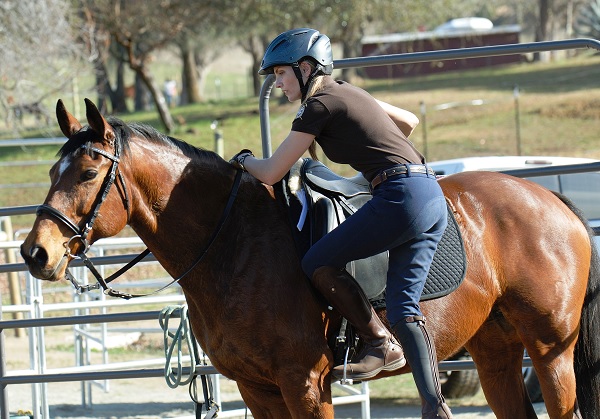Are you bilingual or trilingual? Or, do you only speak english? If that’s the case, you’ve found the right place! Learning Spanish can work for anyone as long as you put your mind to it. Whether you have prior experience learning other languages, or you simply want to live in Spain, Spanish is a great language to learn and can significantly help you in the future.
Getting Started
You are probably wondering: Where do I start? There’s so much to learn, it’s difficult to find a starting point. Not to worry, there are various methods to learning spanish or any language. Here are the 2 most common methods listed below:
- Live instruction: A Spanish speaker will come in and teach you everyday.
- Cons: Hiring a Spanish teacher can also be costly. Depending on how often you see them, their time equals your money. So, if you’re on a strict budget, this may not be the right method for you.
- Pros: You have a live person who can quickly correct you on any pronunciation mistakes. They can easily speed up or slow down for your learning pace. An actual person can motivate you to work hard, so you’re less likely to slack off with them around. This can help with reading, writing, speaking and listening.
- Online course: You sign up for an online course, it can be free or monthly pay. Some courses may focus more on pronunciation, and others writing. Some may even cover all areas! It all depends on which course you take.
- Pros: Many online courses are free! This is helpful to those on a strict budget. Most tend to cover all criteria, so you can do whatever you want whenever you want! This helps with reading, writing, speaking and listening. Spanish is a very common language so there are so many courses available on the web!
- Cons: Commitment may be difficult because you don’t have an actual person motivating you. You need to be mentally tough and follow through with it.
George Egbuonu says that there is no 1 perfect method. As you can see, some require more commitment while others are more costly. Each method has its own strengths. Learning a language is a different experience for everyone.
Listening and Speaking
Many would agree speaking a new language is difficult, with complicated sounds and tones. Luckily, Spanish is one of the easiest languages for English learners! Pronunciation isn’t relatively difficult. Listening can be tough, because you aren’t used to opening your ears!
Here are the best ways to improve your hearing and speaking skills:
- Listen to Spanish music: The more you hear, the easier it gets. This can even enhance your speaking. You may already be familiar with Spanish songs which even mix with english. Childrens nursery rhymes are also great because they tend to use more simpler words for beginners!
- Watch Spanish tv shows: This is one of the best methods for lazy people! You can even challenge yourself and turn off captions. Reality TV shows are great because they help you understand the way they speak. When learning, your teacher will speak slowly and clearly, but in real life, people tend to slur their words and talk in lots of slang! You can tune your ears to regular speaking, it’ll help you a lot in the future.
- Practice speaking with another Spanish person: The more you speak, the easier it gets. If you know someone who speaks spanish, try to have a conversation with them! Chances are they will gladly help you.
- Think in Spanish: You probably subconsciously think in english. This needs to stop now! If you want to get better, you have to keep practicing. One of the best ways to do this effortlessly is to think in the language you are learning. If you see an object, you can try to name it. For example, you want to eat an apple. Instead of saying “Wow, I really want to eat that apple!” you would say, “Wow I really want to eat that manzana!”
Listening and speaking is something you simply need to practice. The more you do it, the easier it gets. Whether you do it passive or actively, these techniques will help you in the long run!
Reading, Writing, and Grammar
Great news: Spanish grammar is very similar to english. Both are based on Latin, so you’ll find many words you already recognize. Another great thing is that Spanish uses the same alphabet system, with a couple of tones here and there.
Ask anybody learning Spanish, and they’ll tell you the hardest part however, is verbs. If you master verb conjugations early on, you’ll have a much easier time later. The base of verb remains the same, but the prefix and suffix of it changes depending on the noun. Gender also greatly contributes even without verbs. Rojo is red, but if it’s something feminine, you would say roja.
Conclusion
The hardest part of any language isn’t speaking, hearing, or grammar. It’s commitment. Most will quit within the first week. Are you a quitter, or a winner? If you truly desire to speak Spanish, you must remain committed and motivated! In the end, most statistics agree that Spanish is one of the easiest for English learners. You can do anything you set your mind to. So what are you waiting for? Get your espanol learning on!





















































